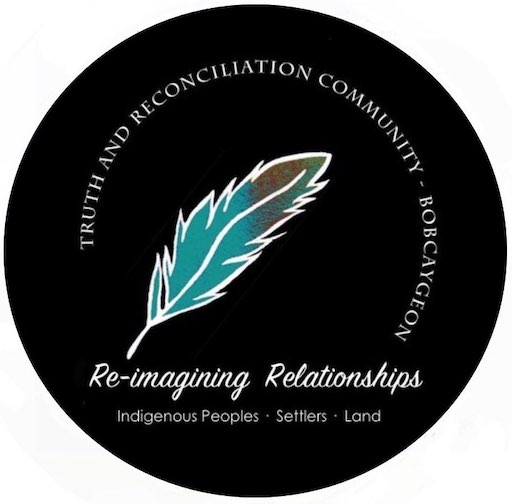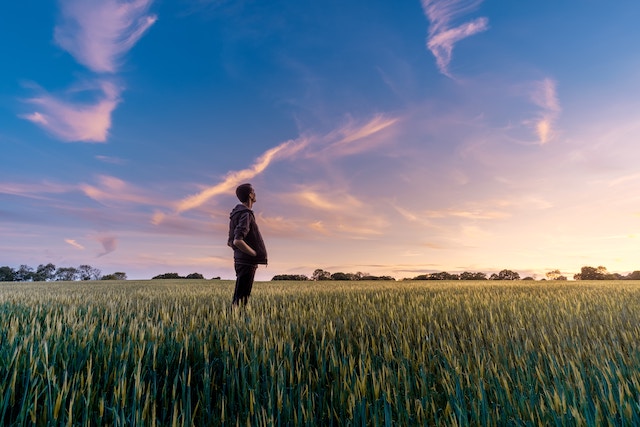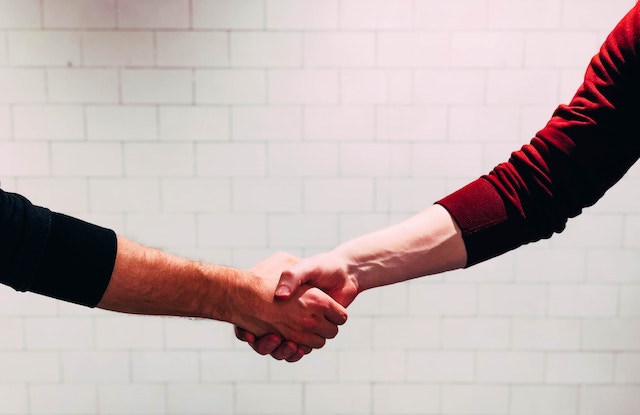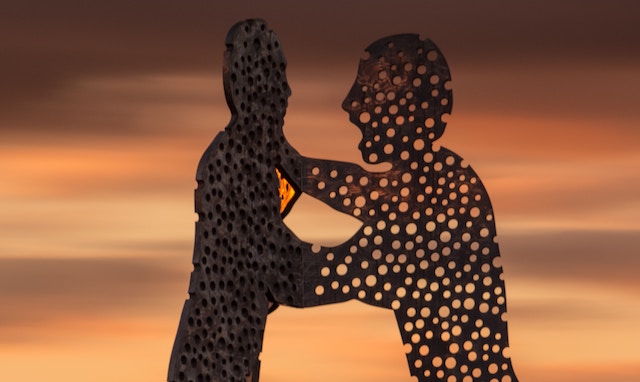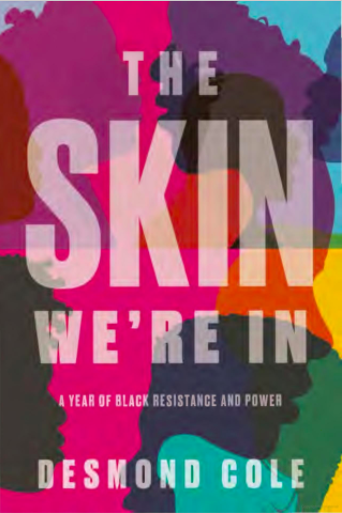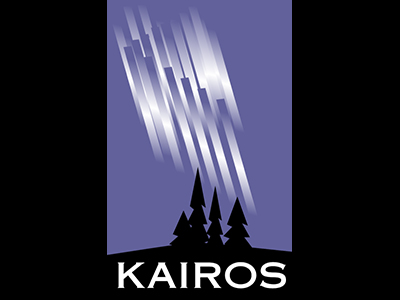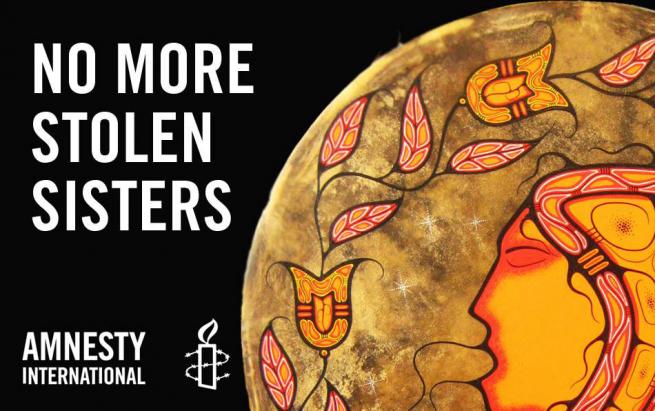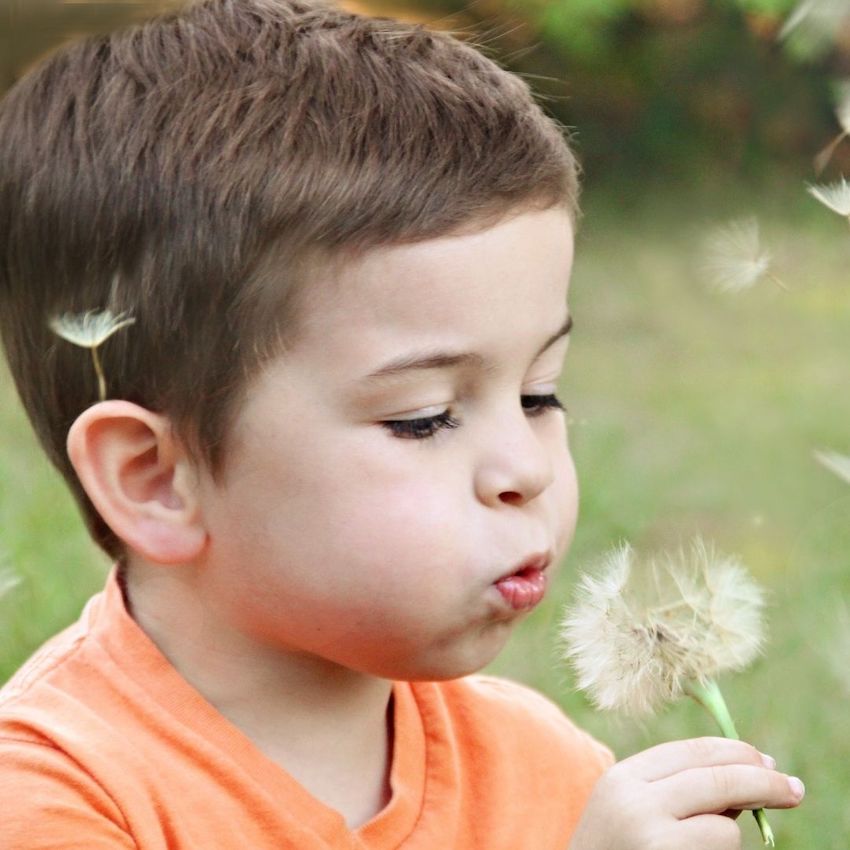Social Justice /
On this page, we will share some essential ideas to explore if you wish to actively engage in reconciliation. You may find this information useful if you are unfamiliar with some of the language and concepts around Social Justice. We need to be willing to look at our own biases before we can start to have conversations that move us forward into taking action that does not do more harm.
This sort of information is important for Settlers and Newcomers to have. It is up to non-Indigenous people to seek out information and educate themselves and not leave that burden to others.
Here are some topics that we give you references for in the sections below:
Sherry Telford Introduces us to
the Settler’s Mirror:
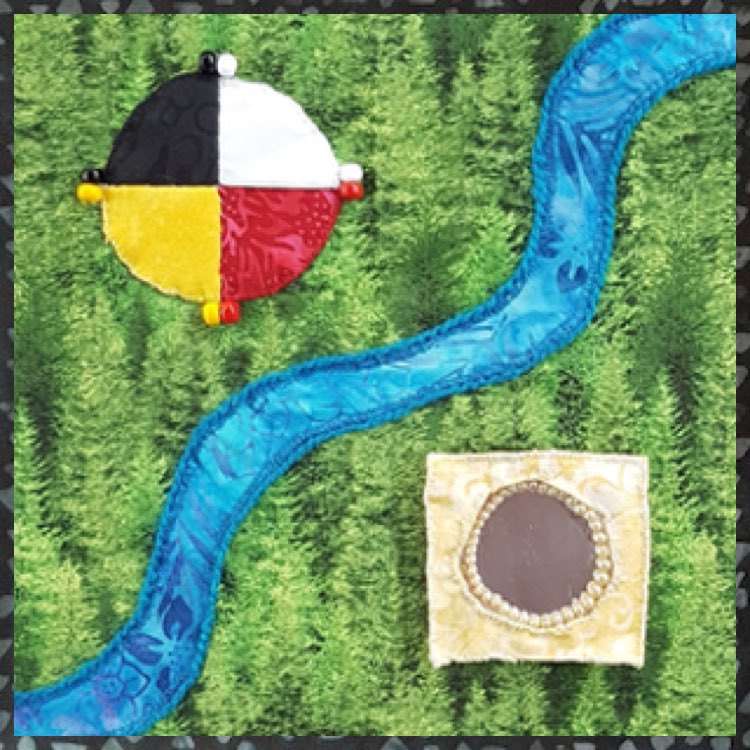
In the lower right corner is the Settler’s Mirror. The Settler’s Mirror reminds us that, as with any relationship, as we engage in reconciliation, we need to look at ourselves. We are both products and beneficiaries of colonialism and its presumptions frame our mindset creating blind spots that make it difficult for us to see when and how our actions and words replicate colonial structures rather than dismantle them. When we look into the mirror of Indigenous teachings and Indigenous perspectives, we see the reality of how Settler society appears to those it affects. We need to be willing to look into the mirror. We need to see ourselves as others see us. We need to ask the hard questions that important relationships demand of us. TRC Bobcaygeon aims to create space to look into the mirror together — to learn with our hearts, our spirits, our bodies and our minds together. ~ Sherry Telford
Social Justice
White Privilege
Allyship
And You
If there’s one thing The Skin We’re In by Desmond Cole makes clear, it is how integral racism is to Canadian life. It winds its way through the justice system, military decisions, child welfare, the education system and of course, the media, and leaves in its wake a trail of destruction for many, but particularly cruelly for Black, First Nations, Inuit and Métis people.
There are books that address racism through a Black perspective and some through a lens of the impact on being Indigenous in Canada. Desmond Cole’s book invites us to see the systems in place in Canada as a whole.
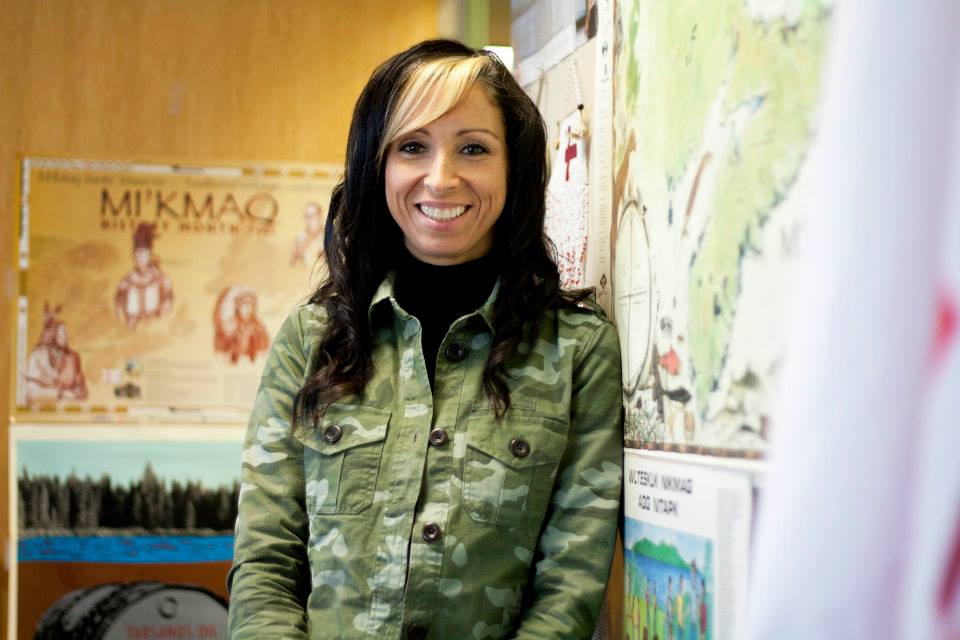
Follow Indigenous Leaders on Social Media
Dr. Palmater is a Mi’kmaw citizen and member of Eel River Bar First Nation. She has been a practicing lawyer for 20 years and currently holds the position of Professor and Chair in Indigenous Governance at Ryerson University. She is an author, media commentator, public speaker, you tuber and podcaster.
Taking Action
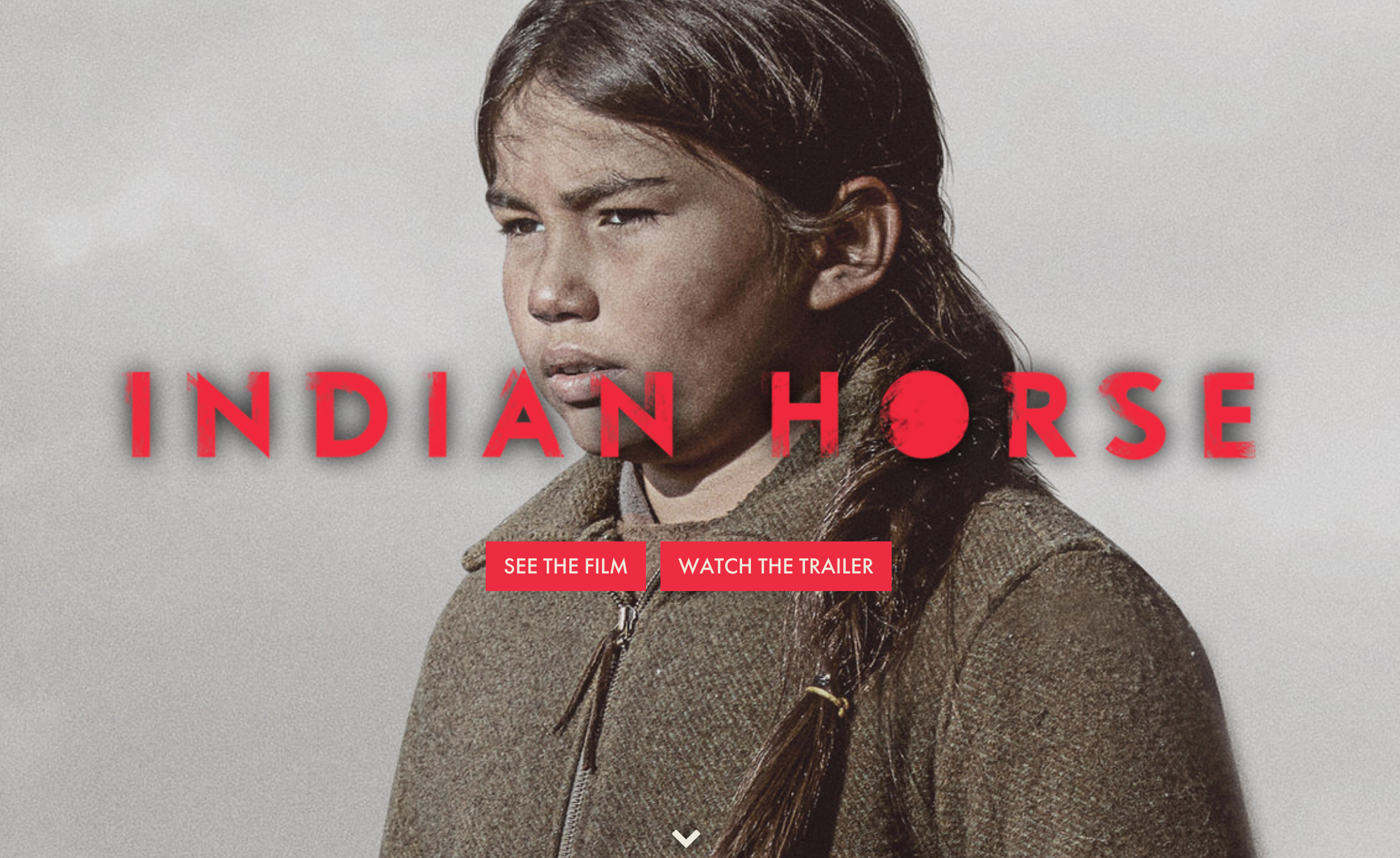
At https://next150.indianhorse.ca/ a site dedicated to the movie version of Indian Horse, they created 150 positive ways to participate in Reconciliation.
… every individual in Canada needs to educate themselves and actively seek opportunities to learn. All of us in Canada — Indigenous and non-Indigenous — have a role to play in Reconciliation.
Reconcili-ACTION happens one step at the time and each of the #Next150 challenges will give you a clear idea of what your next step can be.
“KAIROS Canada is committed to truth, healing, and reconciliation for the past and Indigenous justice for the present. We support an active process of decolonization— with ourselves, our communities, our churches, and our country, building just and respectful relationships between Indigenous and non-Indigenous peoples. We support contributing towards the recognition of Indigenous peoples as distinct peoples and nations, with rights to land and self-determination.”
“Current priorities include decolonization and reconciliation education, through KAIROS Canada’s most popular teaching tool the KAIROS Blanket Exercise, implementation of the TRC Calls to Action through the campaign Winds of Change, commitment to free prior and informed consent by companies and governments, exploration of the gendered impacts of resource extraction on Indigenous women, and solidarity with Indigenous-led struggles such as justice for Missing and Murdered Indigenous Women and Girls and equity for First Nations’ children.”
